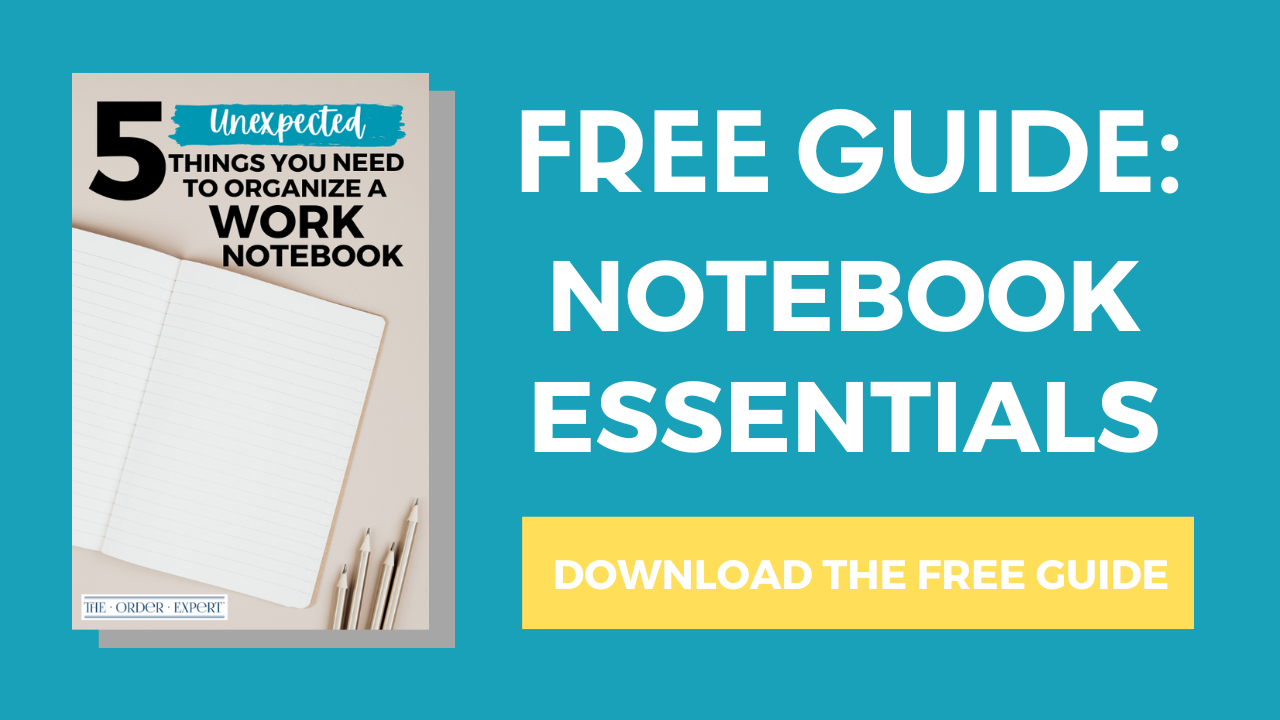
Are you looking to create a meeting agenda template format that will help you in your business?
Meetings are fertile grounds for entrepreneurs to develop new ideas, make key decisions, and build strong relationships.
And meeting agendas are a practical and convenient way to keep meetings focused and on track.
You’ve probably crafted numerous meeting agendas in your business.
And you’ve most likely included lots of relevant details in those documents.
But have you taken a thorough look beyond those actual agenda line items themselves?
If you want to hold a productive meeting, then you need to understand how the meeting fits into the big picture when it comes to your business.
Doing so will help clarify your intentions for the meeting and determine whether it’s even necessary to call the meeting in the first place.
It’s important to remember that no meeting exists in a vacuum.
Every meeting you call is part and parcel of your business’s lifespan and future success.
That being said, make sure your upcoming meeting agendas include the following considerations:
Address the past.
Meetings typically involve timely results, actions, or decisions stemming from recent business developments.
Take care to connect these recent experiences to the current meeting.
Discuss past meetings, experiences, and circumstances, and how they specifically relate to the current meeting.
Above all, keep your review brief. You don’t need to go into minute detail, but you should provide a clear and concise summary so that others can easily follow along.
Addressing the past conveniently positions the current meeting in time and space and ensures all attendees are up-to-date with relevant information.
Prepare for the present.
Any business meeting is a unique moment in space and time.
And that’s why it’s essential to prepare for your meeting with a present-based mindset.
Double-check your agenda to ensure you’ve appropriately addressed relevant current aspects of your business.
This includes only sharing information, updates, and materials that are unique to your meeting’s agenda or topic.
This also means inviting only those individuals whose direct input, knowledge, expertise, experience, and presence will have a direct impact on the results or outcome of the meeting.
While you’re at it, you should also make sure your agenda doesn’t include the entire breadth of information related to your meeting’s topic.
You want to include only what’s relevant and necessary, not the entirety of your business dealings or operations.
Doing so will help you stay focused and prevent unnecessary tangential departures from your meeting’s goals.
Face the future.
You don’t hold a meeting simply for the sake of holding a meeting.
You hold a meeting to move your business forward. That being said, do your utmost to prioritize plans in your meeting agenda.
Take care to include the specific outcomes, results, decisions, and feedback you’d like to have in hand once the meeting has concluded.
Likewise, you may want to include a step-by-step plan for scheduling one or more future meetings to move your plans from the current meeting forward.
You should also think carefully about delegating future-related work.
Assign projects, assignments, and tasks to specific teams, groups, and individuals as necessary. Include specific delivery and due dates for work in your assignments.
Above all, don’t let your meeting agendas become mere laundry lists of things that must be discussed or accomplished in your business.
Take a proactive approach to ensure the past, present, and future are accurately reflected in your meeting planning.
When you do, you’ll be laying the foundation for a more successful future.
How about you? What are you now going to add to your meeting agenda template? Join the conversation and leave a comment below!
This post originally appeared on Inc.com.





0 Comments